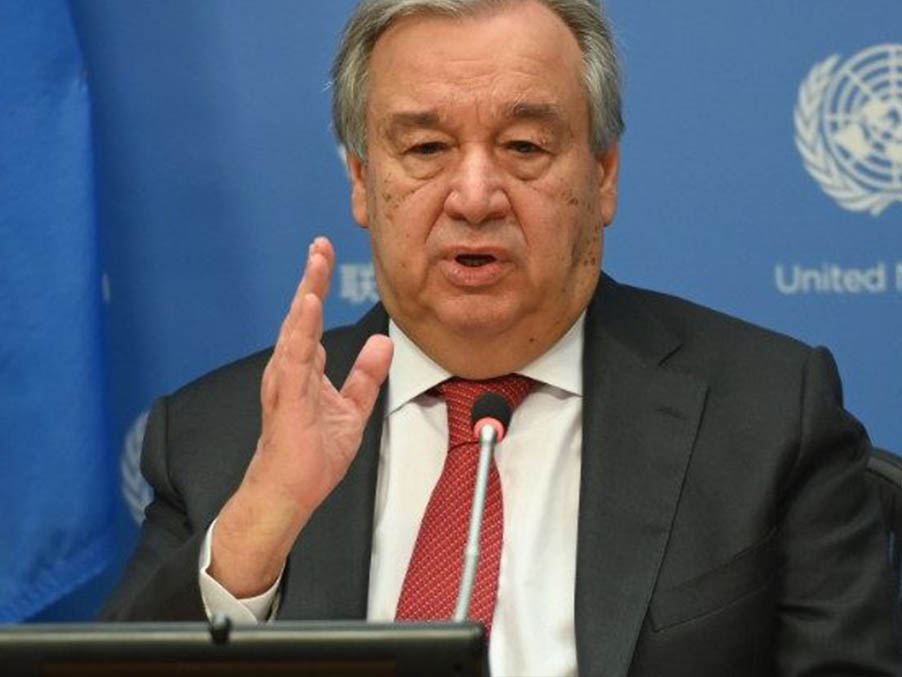Robaird O’Cearbhaill
Hong Kong Correspondent
We should, as journalists, analyse and critique, and when necessary, praise, the high and mighty. One of the great Catholics of our time – the Secretary General of the United Nations.
Antonio Guterres made his courageous mark in politics by being openly Catholic among socialists, where there is much sensitivity about religion – many opposed it – and later in 1998, as Prime Minster of Portugal, he showed the colours of his faith: he was publicly against abortion reform law which was being proposed by a referendum. The reforms lost to no-voters.
Four years later, to stick to his values, Guterres abandoned national politics in his own country, resigning as Prime Minister, half-way through his term in 2002. He was widely reported to state that he did not want to play some of the inter parties conflicts at play – a “political swamp” – and declared “politics has its limits.” Guterres then turned to his most favoured interest, international diplomacy, where he had great success already, and since has had a stellar rise. Some of this Catholic character was already there as a student in Lisbon.
Despite attending an elite tertiary college, Guterres joined, and participated in, volunteer Catholic groups whose purpose was charity and brotherhood towards the weak, visiting and helping very poor and vulnerable people. Like some who like to pretend to be sincere in this activity, lifting their public image by occasional presence, he was a regular visitor to those underprivileged, a dedicated active participant. This social-minded Catholic attitude remained. A few years later, after the Portuguese Carnation revolution to end 40 years of dictatorship, in inspiring times, when all could begin again, he became involved in politics. While Guterres was an engineer and dedicated social activist in Catholic organisations, if it was not for the revolution to end right wing dictatorship and a socialist attitude, he may have remained unknown, in quiet byways of Portuguese society, or the world.
But with the new profound possibilities, and their expectations, he was elected a Socialist Party member of parliament. His political savvy skills were soon known. So successful was his oratory he became an important part of the Portuguese socialist party and became its leader. The next success was to be head of the party that won the national election and to become prime minister.
How he became a world leader, and how influential, and why he came to Macau as Prime Minister, will be in part two next week. (Photo: Vatican News)


 Follow
Follow


